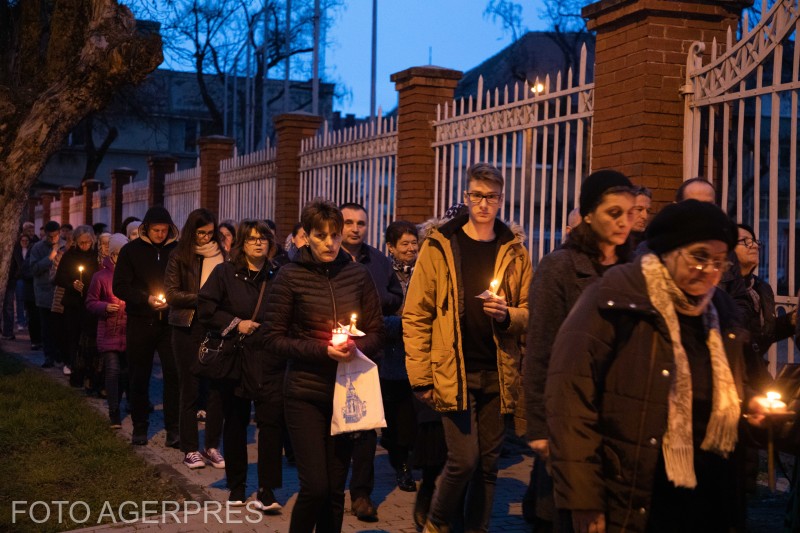Inflation and the relationship with the International Monetary Fund
The inflation, consumer prices and the international financial situation are some of the main concerns of the Romanian authorities.

Valentin Țigău, 12.11.2014, 13:43
According to the National Institute of Statistics in Romania, consumer prices went up 1.44% in September compared to the same period last year. This increase has somewhat appeased worries about the revision of the estimated inflation rate down from 2.2 to 1.5% for this year and from 3 to 2.2% in 2015 made public by the National Bank. Economic analyst Constantin Rudnitchi explains:
“This is a tendency that has generated worries across Europe, namely deflation, the decrease in prices. Romania does not find itself in this situation, it is not facing deflation, but in Europe this issue has been raised repeatedly. A drop in prices will only lead to losses on the market.”
The National Bank estimates that tobacco and alcohol prices will drop slightly, while other products subject to excise duties, such as fuel, may become more expensive. National Bank governor Mugur Isarescu explained in a report that the revision of the targeted inflation rate is a result of lower demand and the low inflation rate across the euro zone. As for the risks facing Romania’s economy, Isarescu spoke about the geopolitical situation and the possible delay of certain reforms. Romania has committed itself to its international lenders to continue fiscal and budgetary reforms.
According to the representative of the International Monetary Fund for Romania and Bulgaria, Guillermo Tolosa, in the last 5-6 years, Romania has made considerable efforts to consolidate its economy and make it more resistant to shocks, but now it is very important not to jeopardise this significant progress.
Romania’s latest agreement with the Fund, the third since 2009, is of a stand-by type and amounts to 4 billion euros. It will expire next year and will probably not be renewed. The Fund has delayed talks on this agreement for after the second round of the presidential elections on November 16th.
In October, the Fund revised its forecast on Romania’s GDP for this year up to 2.4%, but the authorities in Bucharest are expecting a 2.8% economic growth rate, despite the fact that the budget is based on a 2.2% GDP increase. In 2013, the Romanian economy grew by 3.5%, which is one of the highest growth rates in Europe.






























